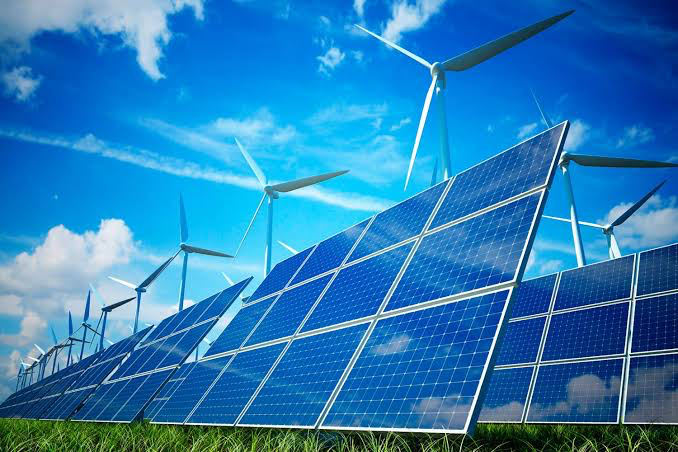In 2022, global energy expenditures reached nearly $10 trillion, averaging more than $1,200 per person, according to a recent report by the International Energy Agency (IEA). These figures account for government subsidies and emergency support, marking a nearly 20% increase over the previous five-year average. The report emphasizes that the rise in energy costs disproportionately impacted poorer and more vulnerable populations across both developing and developed nations.
Titled “Strategies for Affordable & Fair Clean Energy Transitions,” the report released on Thursday advocates for heightened investment in clean energy technologies. The IEA suggests that accelerating the shift towards clean energy not only makes energy more affordable but also eases broader cost of living pressures.
The recent spike in fossil fuel prices amid the global energy crisis has heightened cost sensitivity among consumers and policymakers. The report highlights that in the European Union, approximately 40 million people, or nearly one in ten, struggled to adequately heat their homes.
The IEA report addresses two common misperceptions fueling debates about clean energy transitions. It counters the notion that current living cost pressures stem from clean energy initiatives rather than the actual cause: a gas supply shortage following cuts by the Russian Federation to Europe. It also challenges the belief that clean energy technologies are invariably more costly than fossil fuel-based alternatives, presenting data to show that, over their lifespans, technologies like solar photovoltaics (PV) and wind power are the most cost-effective options for new energy generation.
Despite these advantages, the report acknowledges legitimate concerns about potential risks to affordability during the transition to clean energy. It questions how these transitions will be financed and how the costs and benefits will be distributed, particularly affecting lower-income countries and communities that are already marginalized within the current energy system.
The IEA points out that about 750 million people currently lack access to electricity, with over two billion missing out on clean cooking technologies and fuels. Moreover, there are stark disparities in energy consumption and the ability to pay across different income groups within societies. In advanced economies, the poorest 10% of households spend roughly a quarter of their disposable income on residential energy and transport fuels, consuming about half as much as the wealthiest 10%, who spend only 5% of their income on energy. The disparity is even more pronounced in developing economies, where the poorest groups consume only a fraction of the energy used by the wealthiest, often without access to reliable, modern energy services.
The IEA’s report underscores the need for a coordinated approach to infrastructure development and a fair distribution of the costs and benefits of clean energy transitions to ensure that they are both affordable and equitable.
Source: ESI Africa



